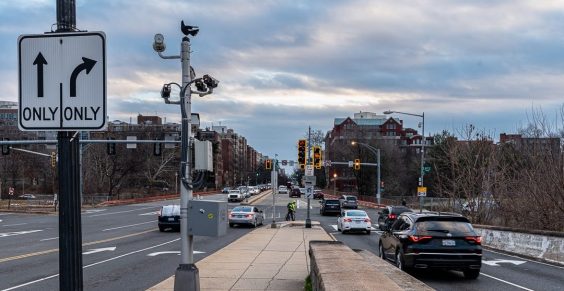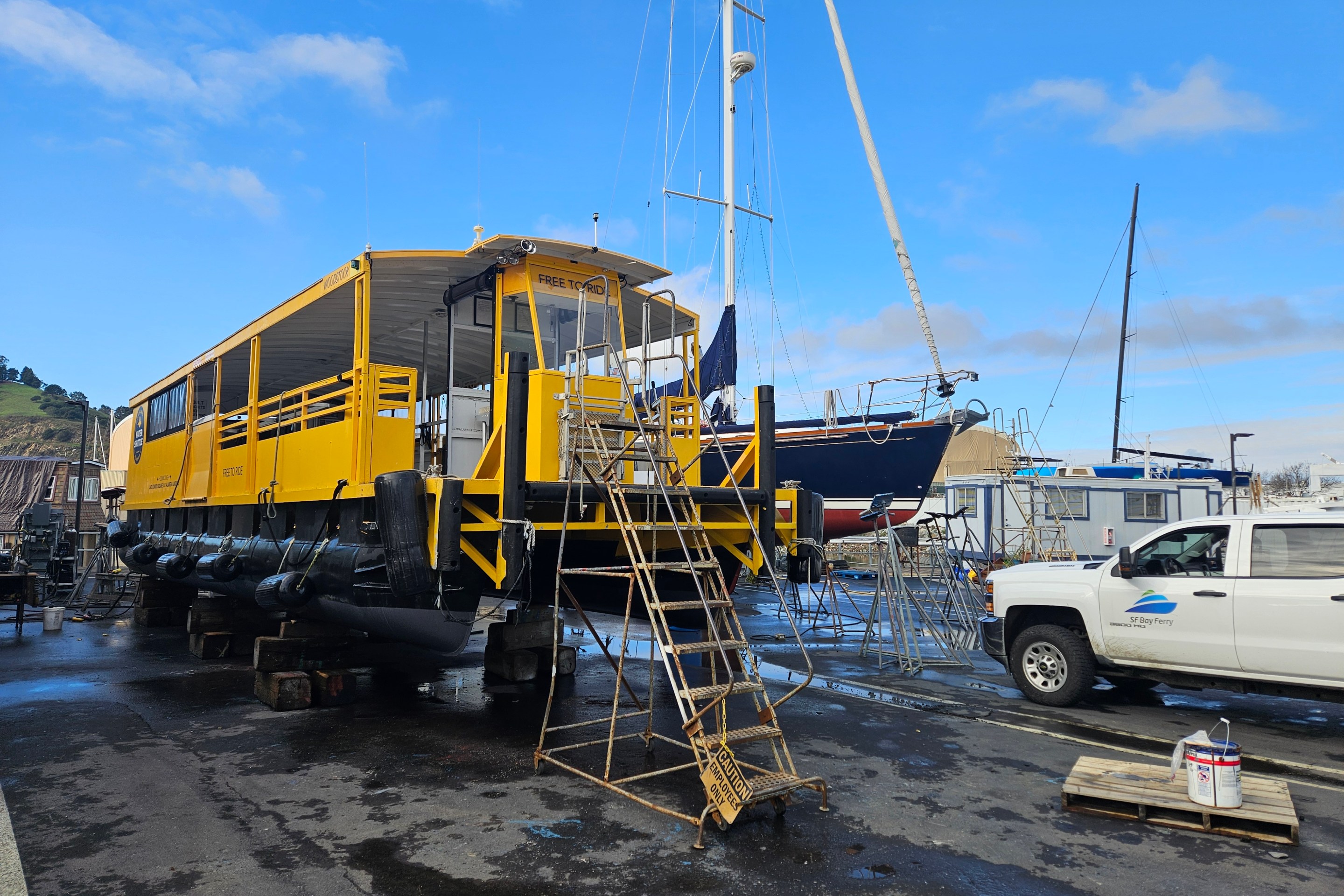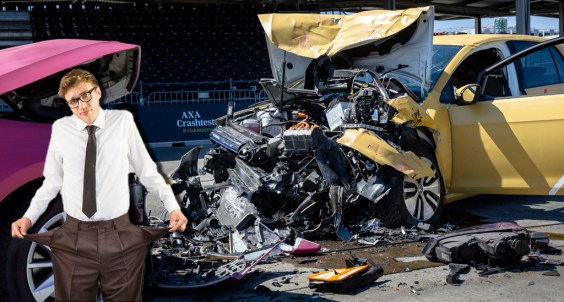 Flickr Photo: David
Flickr Photo: DavidBART has once again bucked the trend of financial pain among other Bay Area transit operators by realizing a budget surplus at the end of fiscal year 2010, in large part due to strong sales tax receipts in the fourth quarter. In a letter to the BART Board yesterday [PDF], General Manager Dorothy Dugger outlined the projected $4 million surplus, though she offered no recommendation for how to spend it or whether to save it.
"It appears we will finish with a positive result for the year in the
range of approximately $4 million. We had been forecasting a small
deficit, but very strong numbers for the month of June appear to have
produced small positive variances in the major categories of the
budget," Dugger wrote. "One of the primary reasons for the better than expected result was that
4th quarter sales tax (after seven straight negative quarters) grew by
3.4 percent."
Dugger also tempered her optimism by suggesting this could have been merely a fortunate aberration: "These results are not an indication that the economy has turned around
and that sales tax and ridership will resume growth. FY10 average
weekday ridership ended down 6.4 percent from FY09 and sales tax dropped
9.6 percent. Although the economy appears to be recovering, job
creation is still slow, and the 4th quarter sales tax growth may have
been a one-time fluctuation."
This $4 million surplus is in addition to $2.3 million from earlier unexpectedly good fiduciary news, money BART Board President James Fang has wanted to put toward a temporary fare rollback. Fang tried to get enough votes to pass his rollback plan at two previous BART Board meetings, but he has been unable as other directors have reacted to polls showing overwhelming public support for saving the money or spending it on train car renovations. Directors should vote on what to do with the $2.3 million at tomorrow's monthly board meeting, but the fate of the additional $4 million is not likely to be decided then.
BART spokesperson Linton Johnson was blunt in his assessment of the news. "Nobody's cracking open the champagne bottles by any stretch of the imagination," he said, comparing it to getting a small tax cut check during the George W. Bush presidency. "It kind of feels like a $300 check you got from the government. It's not
enough to do anything with. It's less than 1 percent of our budget. It's almost a rounding error."
Johnson said he assumed the money would go to the BART general fund and would not be spent on a particular project, though he deferred to the board of directors and said they were ultimately responsible for steering BART's financial ship.
"It's a great problem to have, to have a $4 million surplus. I'd like to see what options staff brings," said BART Board Vice President Bob Franklin, though he said he pointed to BART's enormous unfunded capital needs over the next twenty years as motivation for saving the funds. If the sentiment was toward spending the money, he said he would like to see improvements to train cars. "Our cars are dirty and people have wanted a cleaner vehicle. It may be wise to invest the money in that."
BART Director Tom Radulovich echoed Franklin's feeling that the money should be saved. "I'm nervous about the economy, so part of me says hold on to the money until we see how things settle out."
If the board was leaning toward investing the money now, Radulovich also wanted train care improvements to be a priority. He said he preferred "getting rid of the last of the carpeted cars or doing those car interior modifications to create the bike space, doing more bike parking," which are "really low cost things that have lasting benefit" by bringing BART more riders and by lowering maintenance costs.
Both Radulovich and Franklin assumed there would be a significant discussion about this at tomorrow's meeting, just as there has been for the previous surplus.




